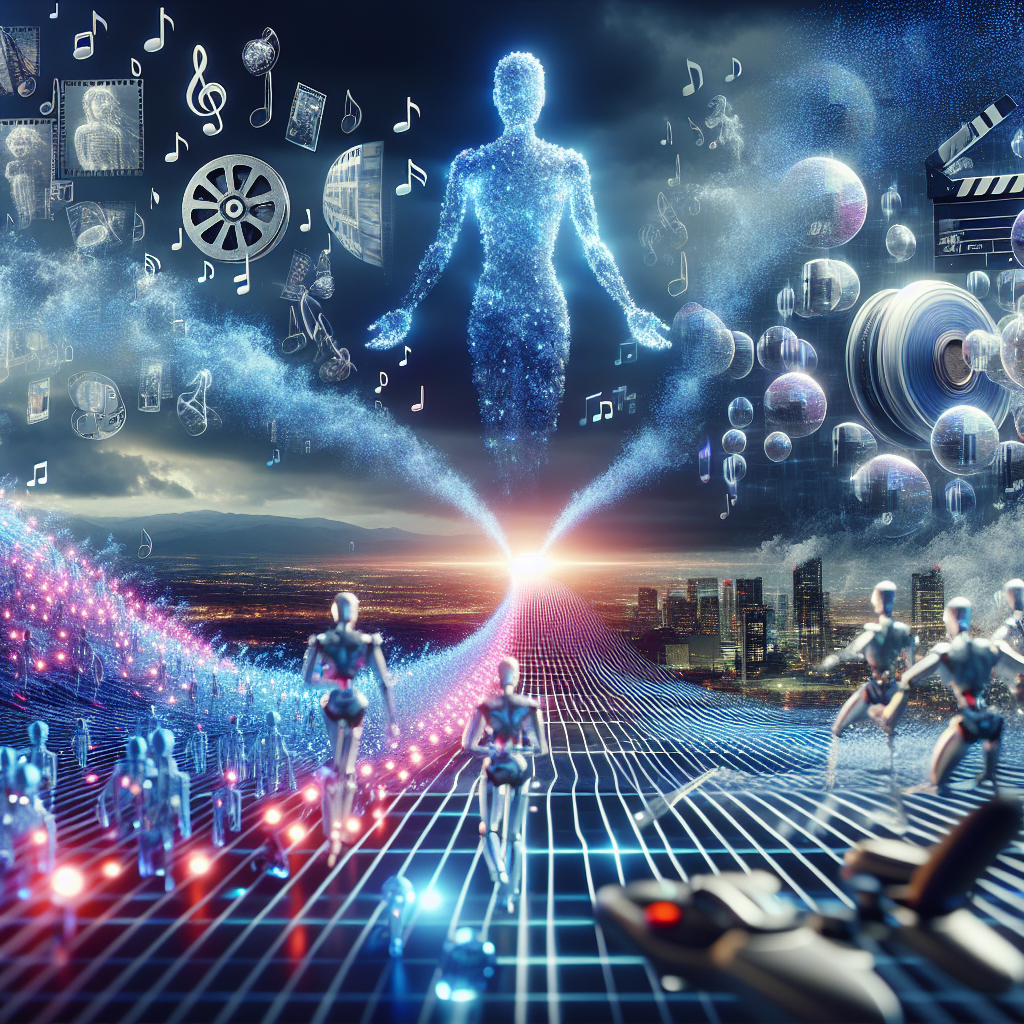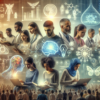AI, a branch of computer science that aims to create intelligent machines capable of mimicking human cognitive functions, has the potential to revolutionize the entertainment industry in countless ways. From personalized recommendations on streaming platforms to dynamic storytelling in video games, AI is already shaping the future of entertainment in ways we could have only imagined a few years ago.
One area where AI is making a significant impact is in content creation. Traditionally, creating movies, TV shows, and video games has been a labor-intensive process that requires the collaboration of countless writers, directors, editors, and other professionals. However, with the help of AI, content creation can be streamlined and automated to a certain extent, allowing creators to focus on more creative aspects of their work.
For example, AI-powered algorithms can analyze data from past successful movies or TV shows and identify patterns that are likely to resonate with audiences. This data-driven approach can help creators make more informed decisions about casting, plot development, and marketing strategies, ultimately leading to more engaging and profitable entertainment experiences.
Moreover, AI can also be used to enhance the interactive elements of entertainment, such as video games and virtual reality experiences. By leveraging AI algorithms, game developers can create more dynamic and responsive in-game environments that adapt to the player’s actions in real-time. This not only provides a more immersive gaming experience but also opens up new possibilities for emergent gameplay and storytelling.
Beyond content creation, AI is also revolutionizing the way entertainment is distributed and consumed. Streaming platforms like Netflix and Spotify are already using AI algorithms to recommend personalized content to users based on their viewing or listening habits. This personalized approach not only improves user engagement but also helps content creators reach a wider audience.
However, the potential of AI in entertainment also raises important ethical and societal considerations. As AI becomes more integrated into the entertainment industry, questions arise about data privacy, algorithmic bias, and the impact of automation on jobs in the creative industries. It is crucial for stakeholders in the entertainment industry to address these challenges proactively and ensure that AI is used responsibly and ethically.
In conclusion, the boundless potential of artificial intelligence in entertainment is a groundbreaking development that has the power to transform the way we create, distribute, and consume entertainment. By harnessing the power of AI, the entertainment industry can unlock new levels of creativity, innovation, and engagement that were previously unimaginable. As we continue to explore the possibilities of AI in entertainment, it is essential to approach this technology with a thoughtful and responsible mindset, ensuring that it serves the best interests of creators, audiences, and society as a whole. The future of entertainment is bright, and AI is leading the way towards an exciting new frontier of possibilities.










